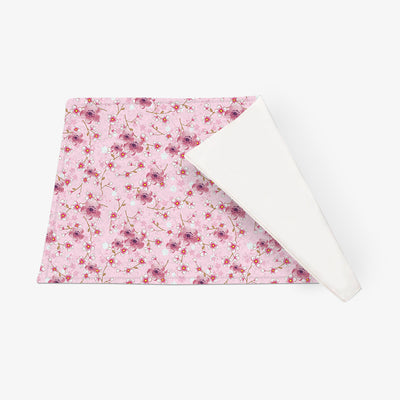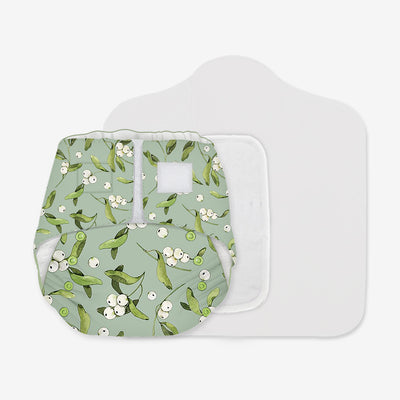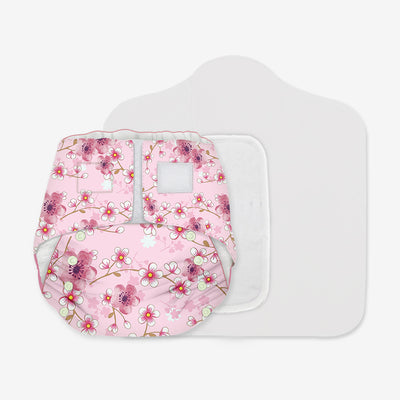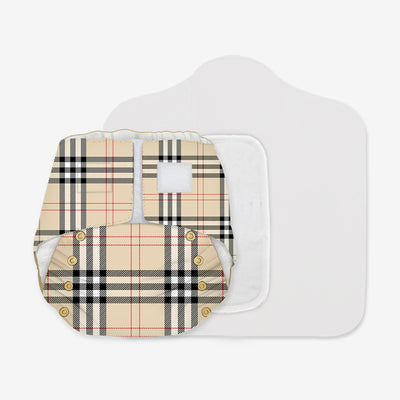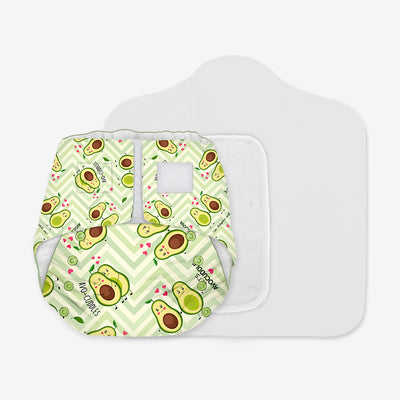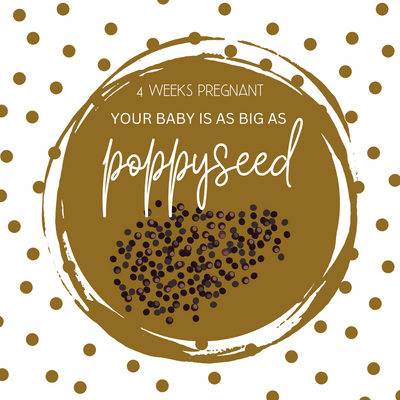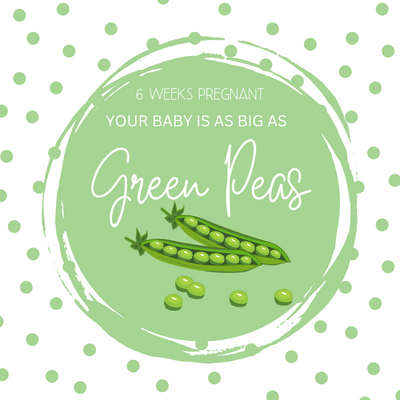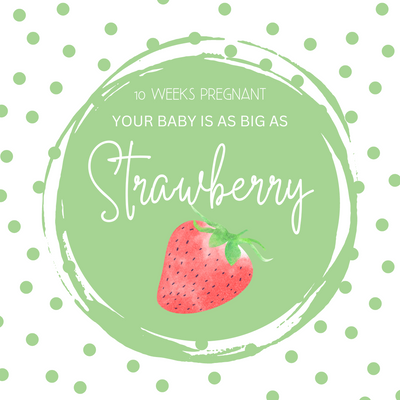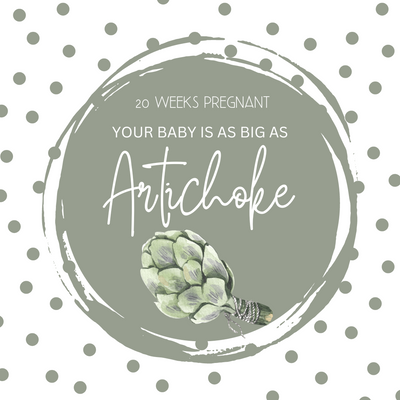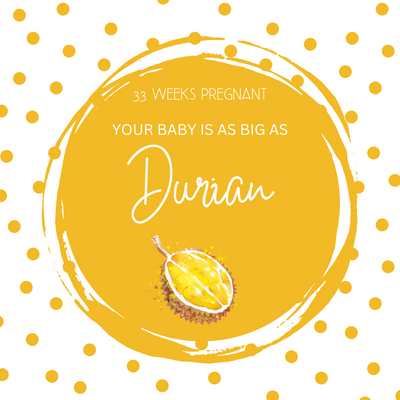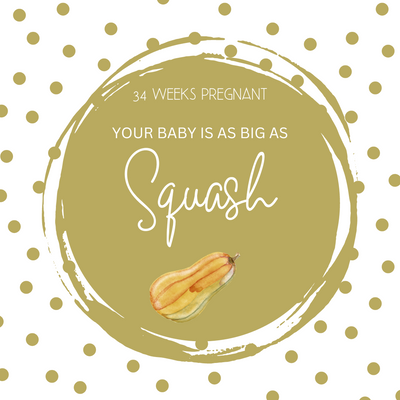36 Weeks Pregnant-baby's development to common symptoms

Congratulations on reaching the 36-week mark of your pregnancy! As you enter the final stretch, you're likely experiencing a mix of excitement and anticipation for the arrival of your little one. At this stage, your baby's development is nearing completion, and you're eagerly preparing for the big day. In this blog post, we will discuss various aspects of being 36 weeks pregnant, including the number of months, common symptoms, your baby's development, changes in your belly, and what to expect in terms of your body's appearance. Additionally, we'll provide some essential considerations for this stage of pregnancy. Let's dive in!
How Many Months Is 36 Weeks Pregnant?
By the time you reach 36 weeks, you're in the ninth month of your pregnancy. It's important to note that a full-term pregnancy is considered 40 weeks, so you're just a few weeks away from meeting your little one!
36 Weeks Pregnant: Your Symptoms
As you approach the end of your pregnancy journey, you may experience a range of symptoms. Some common ones at 36 weeks pregnant include:
Braxton Hicks contractions: You might notice these practice contractions becoming more frequent and intense, but they should remain irregular and not increase in duration.
Backaches and pelvic pressure: As your baby continues to grow, the added weight and pressure can cause discomfort in your lower back and pelvis.
Frequent urination: Your baby's position and the increasing pressure on your bladder may lead to more frequent trips to the bathroom.
Swollen feet and ankles: Edema, or swelling, is a common symptom due to increased fluid retention in your body.
Shortness of breath: As your uterus expands, it can push against your diaphragm, making it feel harder to catch your breath.
36 Weeks Pregnant: Your Baby's Development
At 36 weeks, your baby has reached a remarkable stage of development. Here are some key highlights:
Size and weight: Your baby now weighs around 5-6 pounds (2.3-2.7 kg) and measures about 18 inches (45 cm) in length.
Lung development: The lungs are almost fully developed and capable of functioning outside the womb, although they will continue to mature until birth.
Position: By this time, most babies settle into a head-down position in preparation for delivery. However, if your baby is in a different position, don't worry, as there is still time for them to turn.
How Does the Belly Change at 36 Weeks Pregnant?
As you near the end of your pregnancy, you may notice some significant changes in your belly. Your uterus is now approximately 6 inches (15 cm) above your belly button. The top of your uterus, known as the fundus, may feel hard and round. You may also observe your belly button protruding or even popping out. These changes indicate the growth and positioning of your baby in preparation for birth
.
What Can You Expect Your Body to Look Like at 36 Weeks Pregnant?
At 36 weeks pregnant, your body has undergone numerous transformations to accommodate your growing baby. Some changes you may notice include:
Weight gain: It's normal to have gained between 25-35 pounds (11-16 kg) by this point. Remember that weight gain varies from person to person, so consult with your healthcare provider about what is appropriate for you.
Stretch marks: Due to the rapid stretching of your skin, you may have developed stretch marks on your abdomen, breasts, and hips. These will gradually fade over time but may not disappear completely.
Increased breast size: Your breasts have likely increased in size and may have started producing colostrum, the nutrient-rich precursor to breast milk.
36 Weeks Pregnant: Things to Consider
As you approach the final weeks of your pregnancy, here are some important considerations:
Birth plan: It's a good time to finalize your birth plan and discuss it with your healthcare provider. Consider your preferences for pain management, delivery methods, and who you want to be present during the birth.
Prenatal classes: If you haven't already, now is a great time to enroll in prenatal classes to prepare for labor, delivery, and newborn care.
Hospital bag: Pack your hospital bag with essential items such as comfortable clothing, toiletries, and items for the baby.
Regular check-ups: Your healthcare provider will likely want to see you more frequently as your due date approaches. Attend all scheduled appointments to ensure the well-being of both you and your baby.
Reaching 36 weeks pregnant is a significant milestone in your pregnancy journey. As you eagerly await the arrival of your little one, it's essential to pay attention to your body's changes and prepare yourself physically and emotionally for childbirth. Remember to consult with your healthcare provider for personalized guidance and support throughout this exciting time. Take care of yourself and enjoy the final weeks of your pregnancy!



